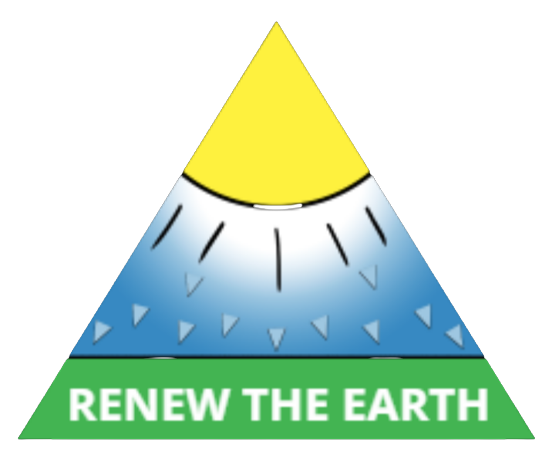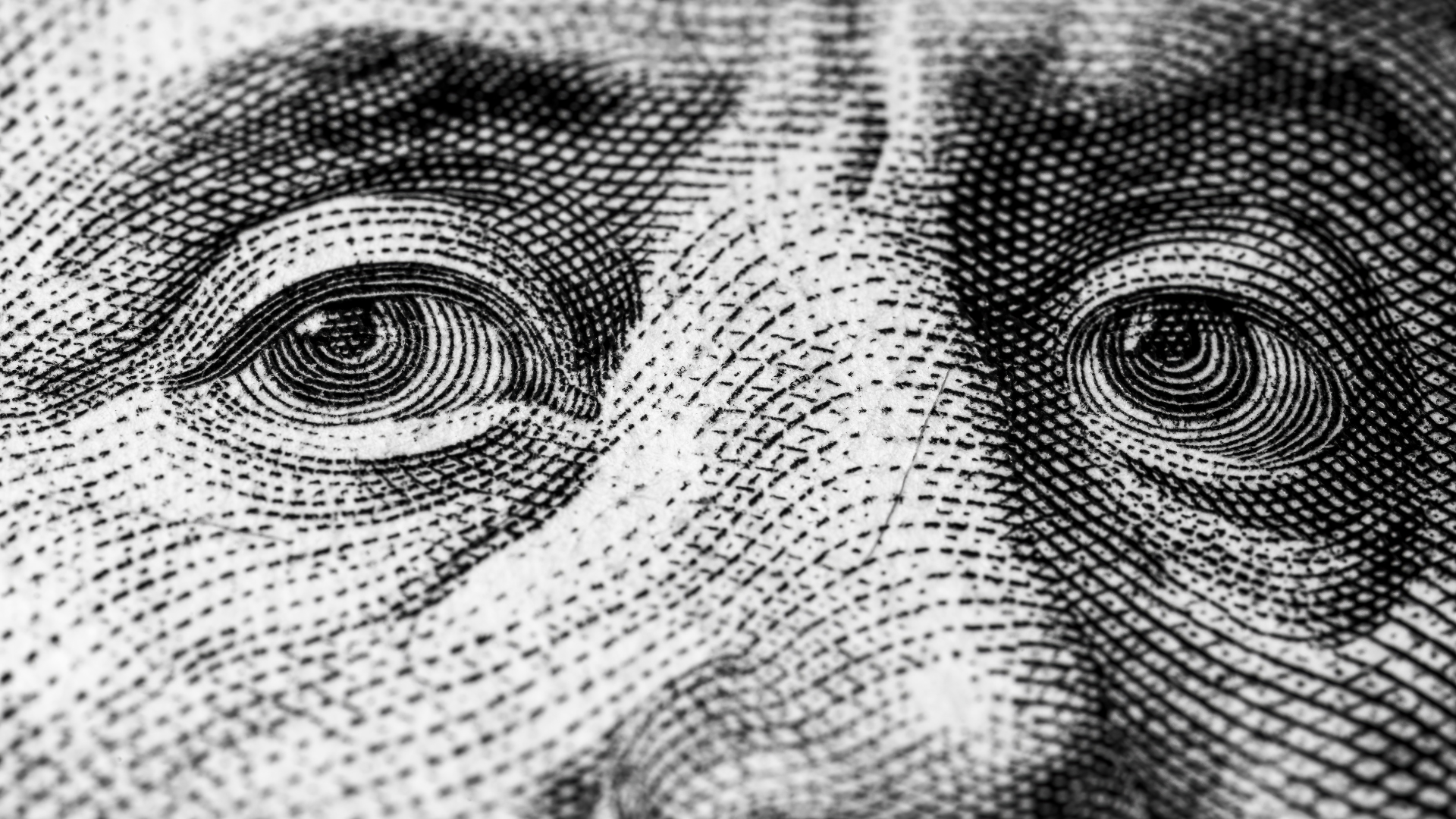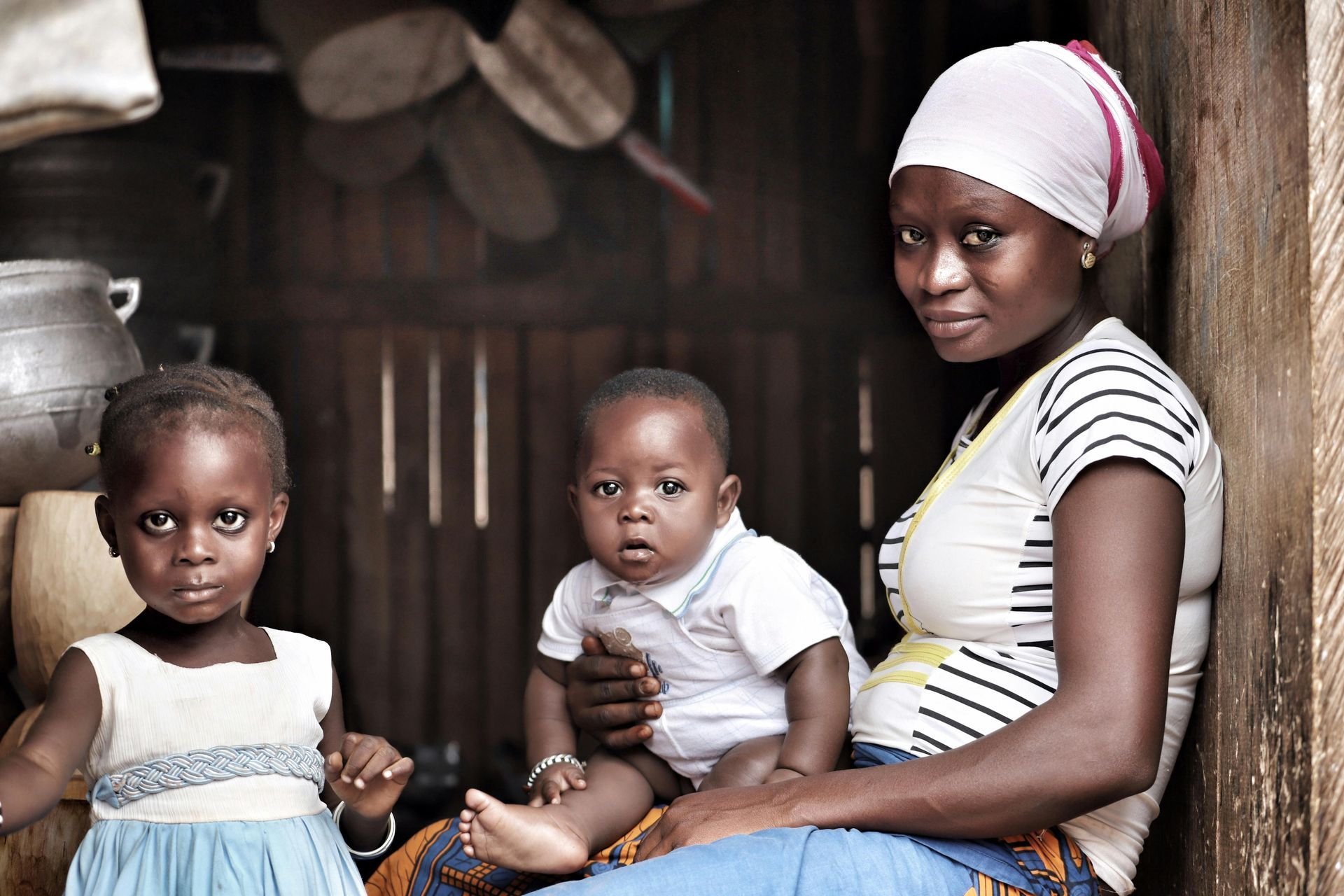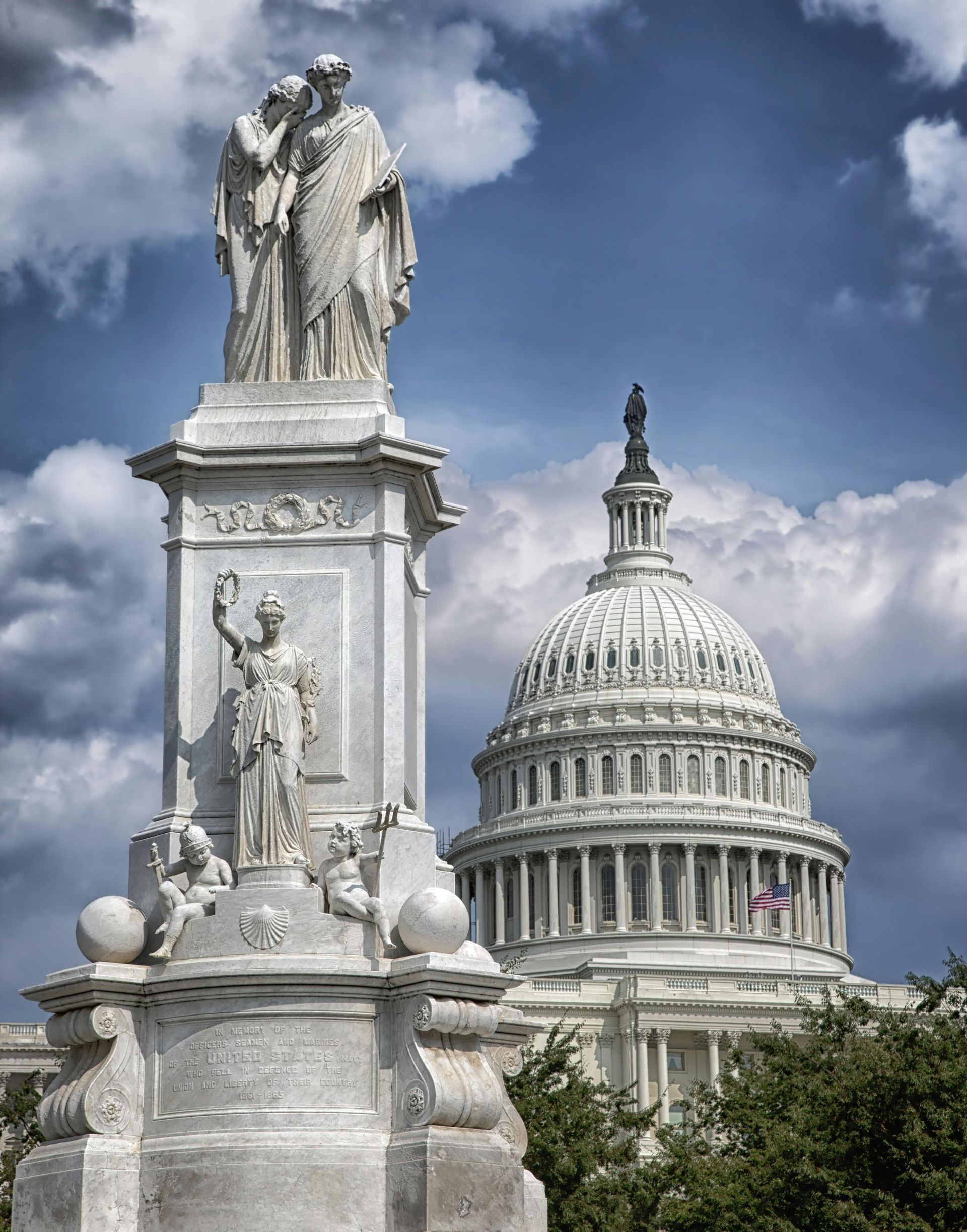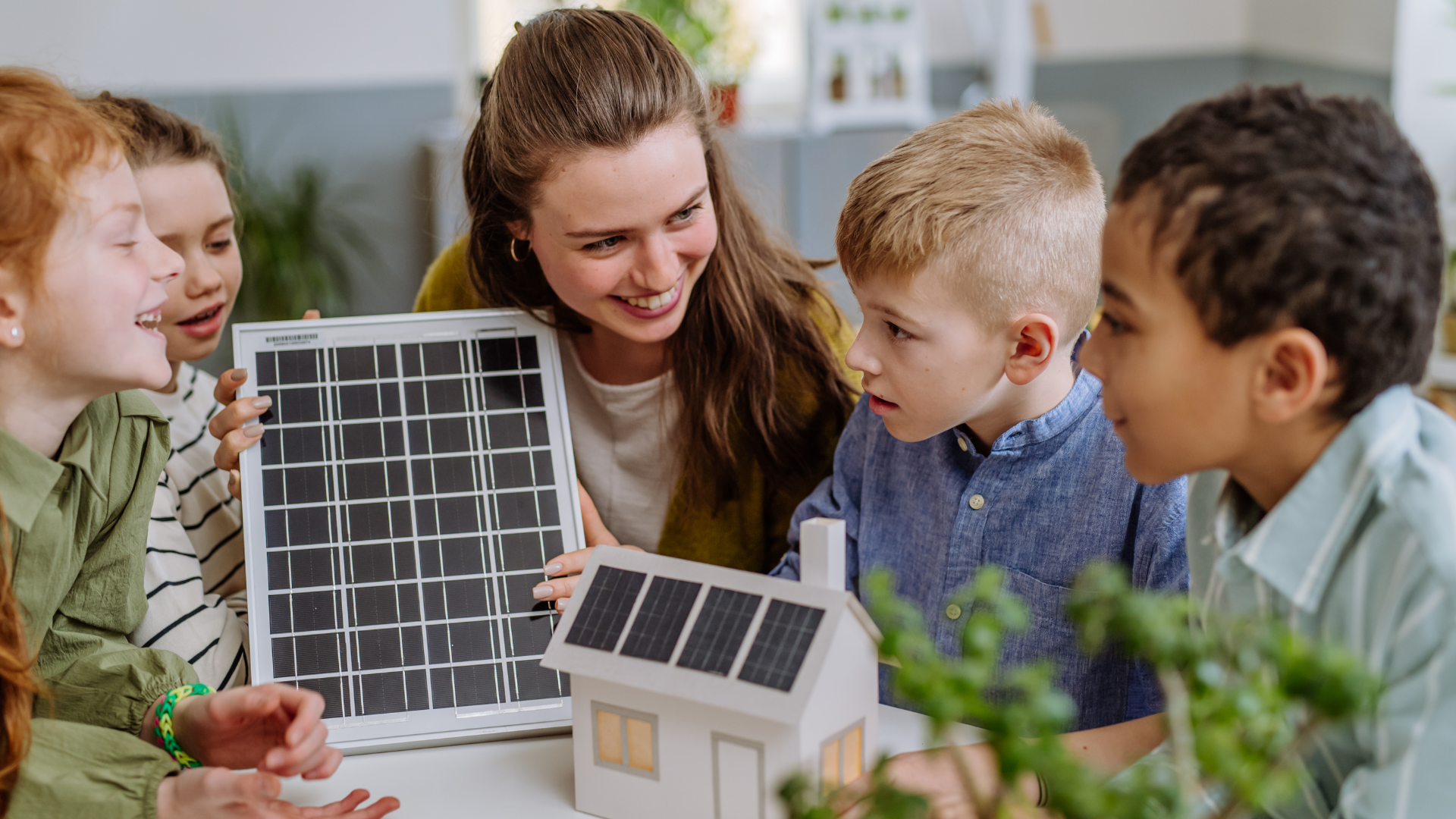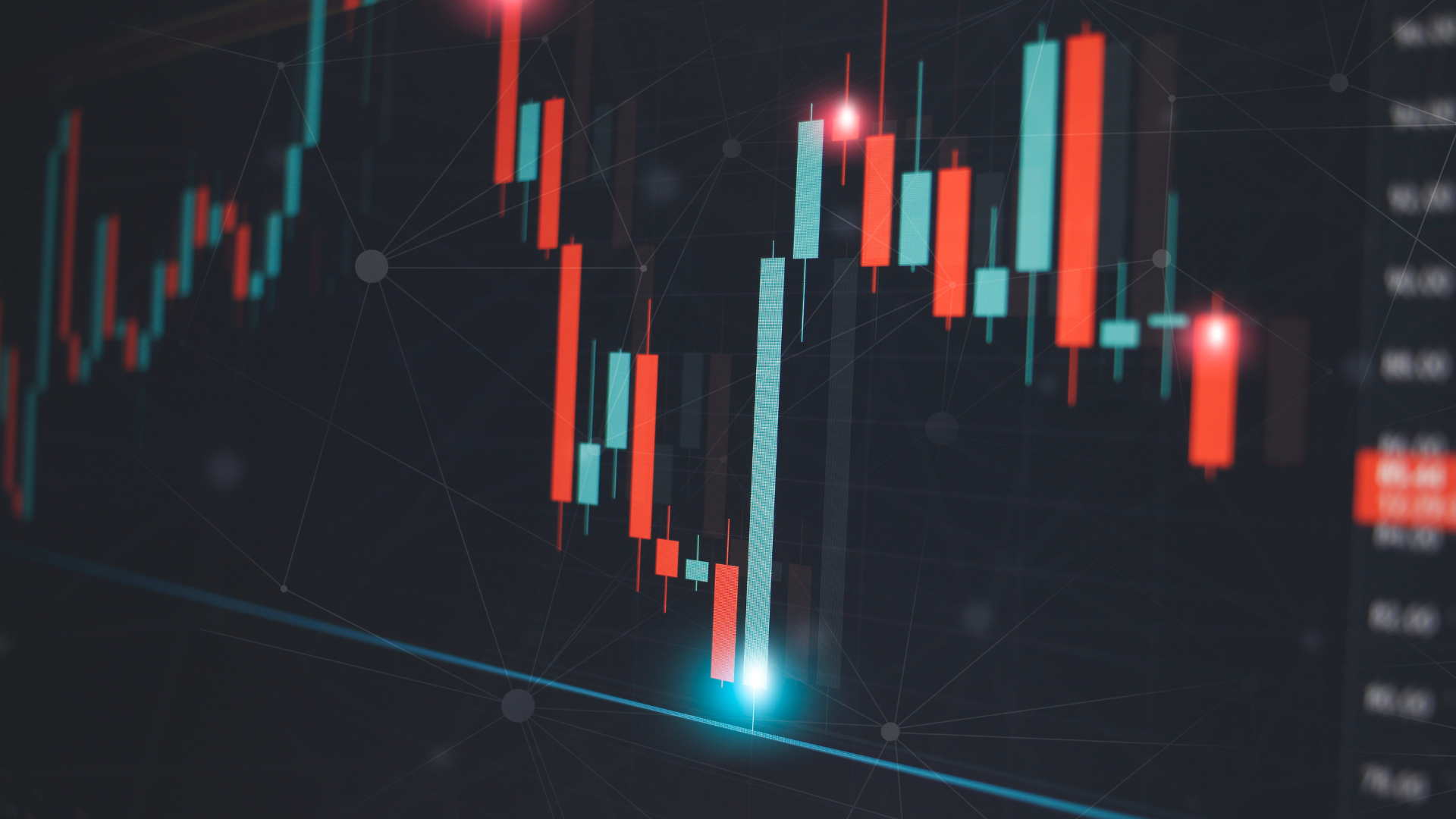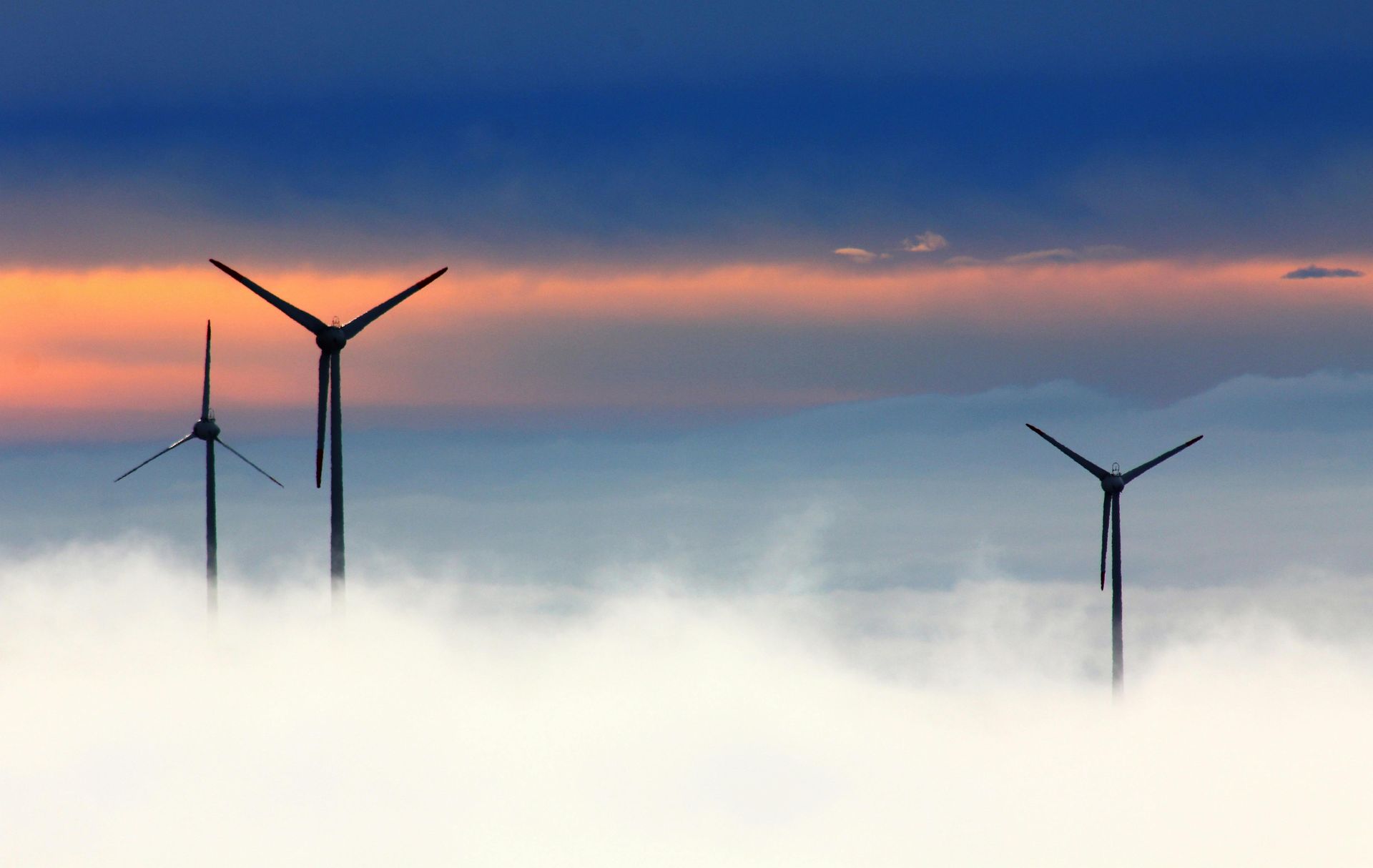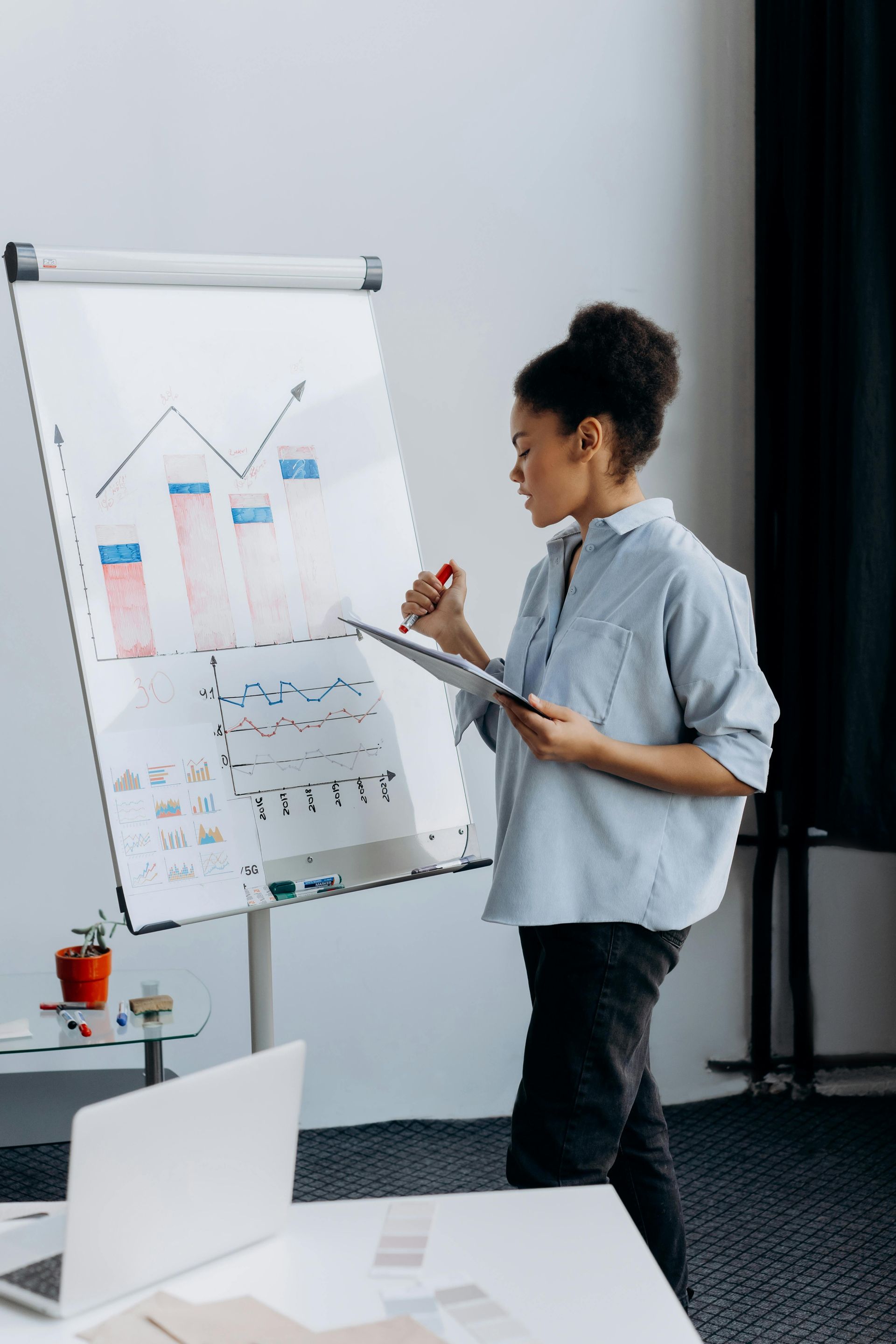February 28, 2025
David Brooks made this statement in reference to recent events that may threaten the existence of our democracy. Is this where our country is going? Or are we going to stand up for our “inalienable rights”, Life, Liberty and the Pursuit of Happiness? “To secure these rights, governments are instituted among men.” Governments guided by laws and run by Bureaucracies. When we look at our “inalienable rights” one at a time, we understand the profound intention of our Constitution. Life. All people are created equal and have the inalienable right to life. To have life, each person has to have the elements that sustain life; food, shelter, education and health care. Liberty. Freedom of movement. “Free from oppressive restrictions imposed by any authority on one's way of life, behavior or political view.” Pursuit of Happiness. Not just to try to be happy, but a guarantee of happiness. This is an “inalienable right” not just a quest or pass time. We negotiate the inevitable disappointments and tragedies of living but also experience the joys that keep us alive. And the resulting happiness, in its fullest reveal, is a good life. This good life also depends not just on the happiness of one person, but all citizens, including immigrants and refugees. We suffer and rejoice together. Government must ultimately guarantee basic needs to all citizens; food, shelter, education and healthcare. Most World Constitutions include these guarantees, but cannot afford them. There is a way to pay for all human basic needs without creating inflation and debt using a Worldwide Parallel Currency dedicated only to the basic human needs. You may ask, “How do we provide basic human needs to 8 billion people Worldwide?” “Is it possible?” If a majority of people agree that this is something that needs to happen in order to preserve our survival on Earth, it can be done. We already have invented all the tools necessary. We need more than a patchwork of aid that can be interrupted by a statement from the president. We must build a permanent infrastructure that conveys efficiently and consistently the human right to live in the form of basic food and shelter, education and healthcare. Efficient systems that get needs where they have to go can be designed by already existing computer intelligence. How much, where it needs to go, what kind of transportation is available, how long it will take per shipment, all these things are calculable and apply to food and medicine and building materials. Education needs shelter, and schools will be built where they are needed. We can do these things on a “small scale”. We know how to do it. We do this in our Military. Now, we must think Worldwide and ramp it up. This is where AI can become a hero! Ultimately, we do live in a “Small World”. As Bucky Fuller once put it, we are living together on “Spaceship Earth.” We glide through the dark in the company of stars, our orbit warmed by the sun and encouraging life. We are connected by visible and invisible strands, tracks and roads. A thread is plucked somewhere and reverberates Worldwide. Our fates depend on each other.
